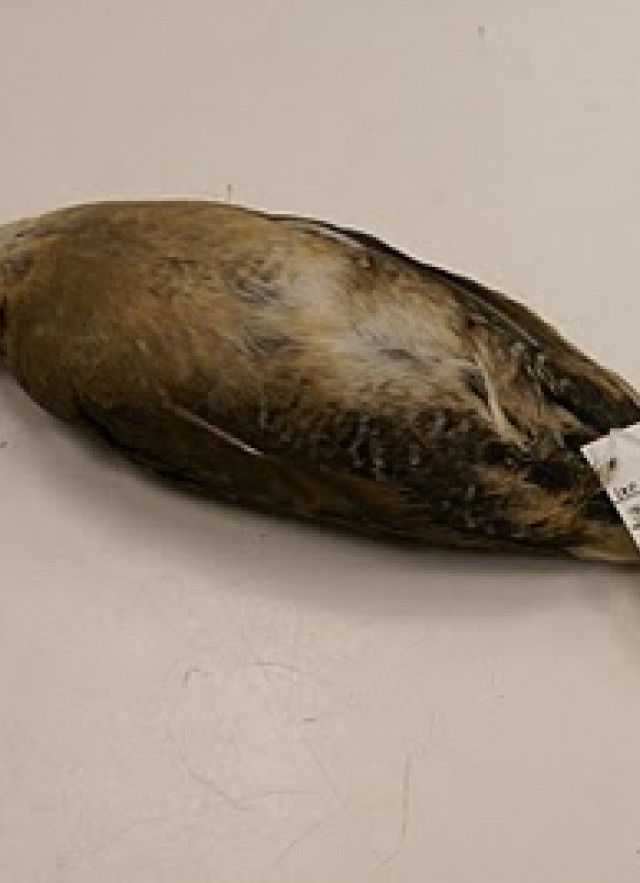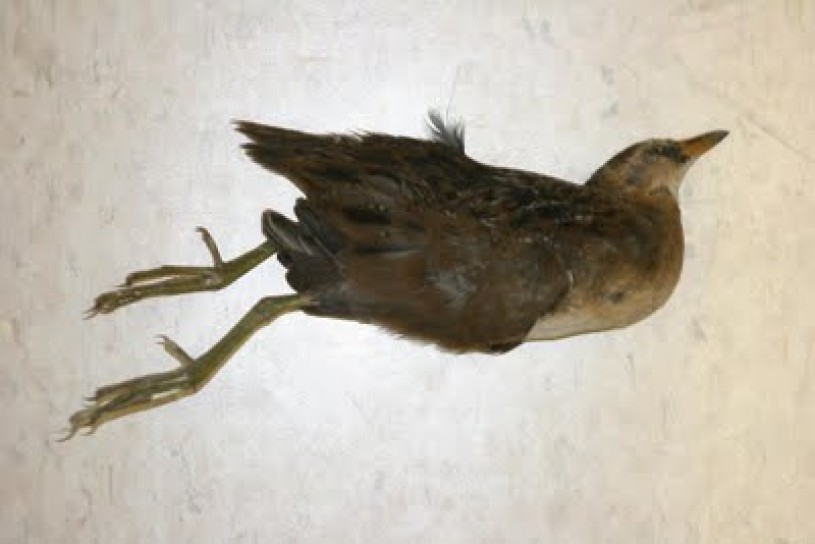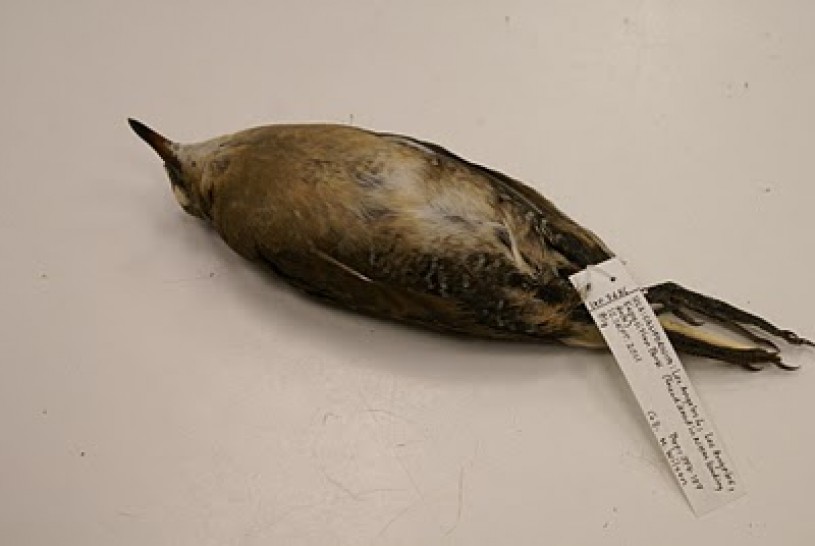The Hart Museum remains closed. Los Angeles County has approved a plan to transfer the William S. Hart Museum and Park from the County to the City of Santa Clarita.
Bird Crashes into Museum Building and Dies for Science
Making the scientific best of an unfortunate situation.

Originally posted on Sept. 29, 2011
Soras, Porzana carolina, seem to be really poor fliers. So much so that last week one flew into the side of the Museum and killed itself. This brings the Exposition Park Bird List, maintained by Kimball Garrett, our Ornithology Collection Manager, up to 167 species. "But wait," I hear you crying, "what about bird number 166?" In a previous post, I clearly stated that the Rufous Hummingbird was species 165. No I didn't forget to tell you about bird 166, and no Kimball didn't miscount, funnily enough bird 166 was documented the same exact day the Sora died. Bird 166 is in fact a Swainson's Hawk, Buteo swainsoni, that Kimball saw migrating overhead.


Soras are secretive yet fairly common birds in the rail family. They live most of their lives in the dense vegetation of freshwater or brackish marshes, and are usually thought to be reluctant flyers. However, in the spring and fall they take flight, some individuals migrating hundreds of miles. During these times they are often found after colliding with various built objects such as communication towers, wires, and buildings– just like the one we found in the loading dock!

As with Soras, Swainson's Hawks aren't very visible in the urban core of Los Angeles. However, they can easily be seen migrating along the foothills of the San Gabriel Mountains during their fall and spring migrations. The individual Kimball spotted over the Museum was on its way south to its overwintering site. Although we don't know where this individual will stop, we do know it will be somewhere between western Mexico and Argentina. Thanks to Kimball for providing natural history information and pictures of the birds and also to Michael Wilson and Jerome Brown for finding the dead Sora!